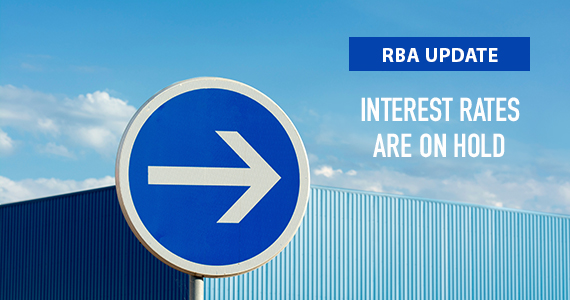Statement by Philip Lowe, Governor: Monetary Policy Decision – March 2022
March 2, 2022
At its meeting today, the Board decided to:
-
maintain the cash rate target at 10 basis points and the interest rate on Exchange Settlement balances at zero per cent
The global economy is continuing to recover from the pandemic. However, the war in Ukraine is a major new source of uncertainty. Inflation in parts of the world has increased sharply due to large increases in energy prices and disruptions to supply chains at a time of strong demand. The prices of many commodities have increased further due to the war in Ukraine. Bond yields have risen over the past month and expectations of future policy interest rates have increased.
The Australian economy remains resilient and spending is picking up following the Omicron setback. Household and business balance sheets are in generally good shape, an upswing in business investment is underway and there is a large pipeline of construction work to be completed. Macroeconomic policy settings remain supportive of growth.
The resilience of the economy is evident in the labour market, with the unemployment rate at a 14-year low of 4.2 per cent. Underemployment is also around its lowest level since 2008. Hours worked declined significantly in January due to the Omicron outbreak, but the decline in infection rates and high numbers of job vacancies point to a strong bounce-back over the months ahead. The RBA’s central forecast is for the unemployment rate to fall to below 4 per cent later in the year and to remain below 4 per cent next year.
Wages growth has picked up but, at the aggregate level, is only around the relatively low rates prevailing before the pandemic. A further pick-up in wages growth and broader measures of labour costs is expected as the labour market tightens. This pick-up is still expected to be only gradual, although there is uncertainty about the behaviour of labour costs at historically low levels of unemployment.
Inflation has picked up more quickly than the RBA had expected, but remains lower than in many other countries. The central forecast is for underlying inflation to increase further in coming quarters to around 3¼ per cent, before declining to around 2¾ per cent over 2023 as the supply-side problems are resolved and consumption patterns normalise. The CPI inflation rate will spike higher than this due to the higher petrol prices resulting from global developments. How long it takes to resolve the disruptions to supply chains is an important source of uncertainty regarding the inflation outlook, as are developments in global energy markets.
Financial conditions in Australia continue to be highly accommodative. Interest rates remain at a very low level, although some fixed rates have risen recently. The Australian dollar exchange rate is around its lows of the past year or so. Housing prices have risen strongly, although the rate of increase has eased in some cities. With interest rates at historically low levels, it is important that lending standards are maintained and that borrowers have adequate buffers.
The Board is committed to maintaining highly supportive monetary conditions to achieve its objectives of a return to full employment in Australia and inflation consistent with the target. The Board will not increase the cash rate until actual inflation is sustainably within the 2 to 3 per cent target range. While inflation has picked up, it is too early to conclude that it is sustainably within the target range. There are uncertainties about how persistent the pick-up in inflation will be given recent developments in global energy markets and ongoing supply-side problems. At the same time, wages growth remains modest and it is likely to be some time yet before growth in labour costs is at a rate consistent with inflation being sustainably at target. The Board is prepared to be patient as it monitors how the various factors affecting inflation in Australia evolve.
Enquiries
External Communications
Secretary’s Department
Reserve Bank of Australia
SYDNEY
Phone: +61 2 9551 9720
Email: rbainfo@rba.gov.au
Powered by WPeMatico
